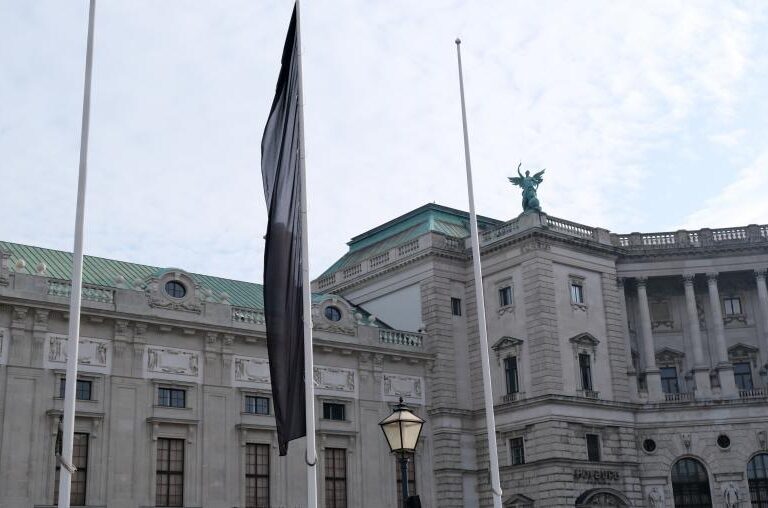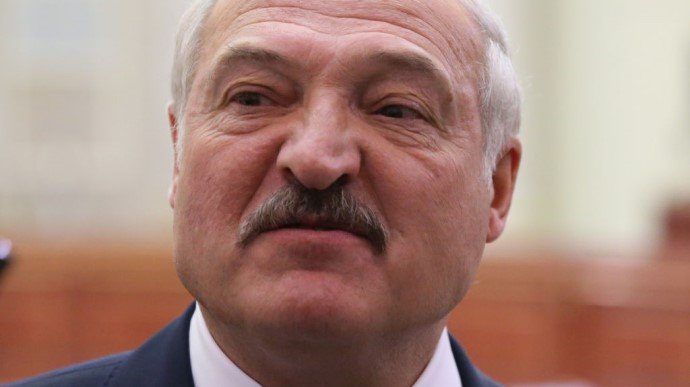After the destruction of Black Sea Fleet’s headquarters building, which was obvious to the whole world and clearly derogatory for that aggressor’s fleet, the occupiers’ propaganda is breaking through new levels of the bottom. It was difficult to surprise with the degree of pain after the recent video of “singing the anthem of Sevastopol” by deaf-mute children from Simferopol, but apparently the occupiers succeeded.
Now the criminal “governor” of Sevastopol, Mikhail Razvozhaev, reported that allegedly after the attack on the headquarters of the Black Sea Fleet, “the icon of Admiral Fyodor Ushakov, commander of the fleet from 1790 to 1798, miraculously survived” and that allegedly “the icon was in the headquarters building when the Ukrainian military struck it missile strike”.
Referring to Archpriest Sergei Khalyuta, known for anti-Ukrainian rhetoric and the 2015 scandal with the criminal “directorship” of Chersonese Tauride, Razvozhaev wrote that allegedly “the day before, Priest Sergei wrote to me that the wooden frame was completely burned, and the image of the saint written on the tree survived and were not touched by fire after the attack… You and I have witnessed a real miracle”.
Now Razvozhaev announced a religious procession with an “unburnt portrait” through “all settlements of Sevastopol” and stated that “Fyodor Ushakov did not lose a single battle.” Let us recall that Crimean residents previously discussed on social networks a successful attack on the aggressor’s air defense complex in occupied Yevpatoria, despite the “protection” brought there by the invaders the day before in the form of “the relics of Matryona of Moscow”.
Regarding Ushakov’s “invincibility,” we recall that in August 1787, during his first combat entry into the Black Sea, the commander of the vanguard and the ship “St. Paul”, the squadron “was caught off the Rumelian coast by a terrible, prolonged storm. One ship was lost; another without masts was brought into the Bosphorus and here captured by the Turks. The rest returned to Sevastopol in very shabby condition and required lengthy repairs”.
At the end of his career, Ushakov “became famous” for refusing to return to duty in 1812 to the fight against Napoleon, preferring a long and pleasant life on his estate; it is not surprising that such a person became an example for the aggressor’s naval commanders, and the glorification of the admiral took place according to a simple principle: the Kremlin did not find anyone more “unburnt” in its time.







